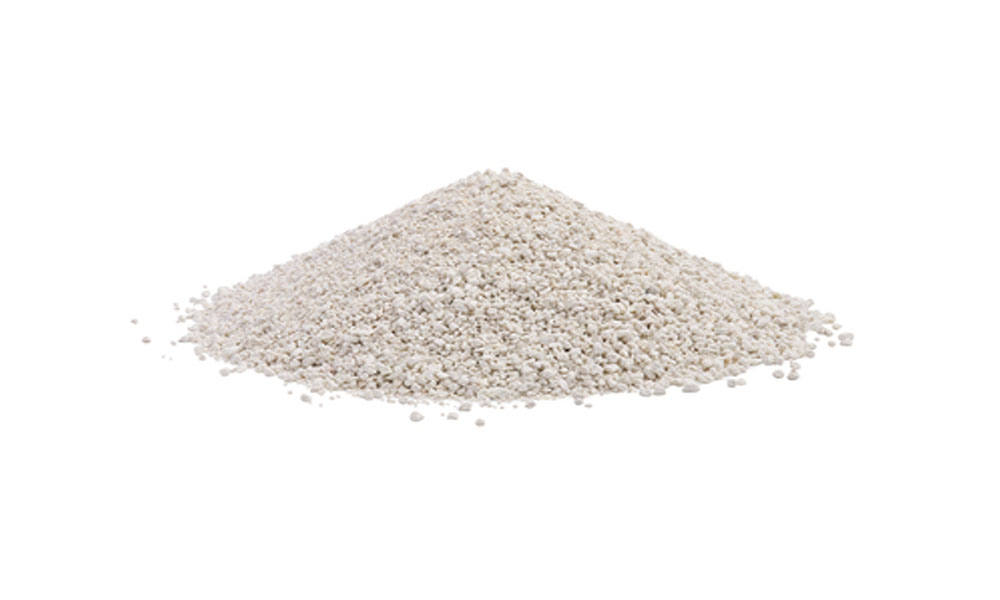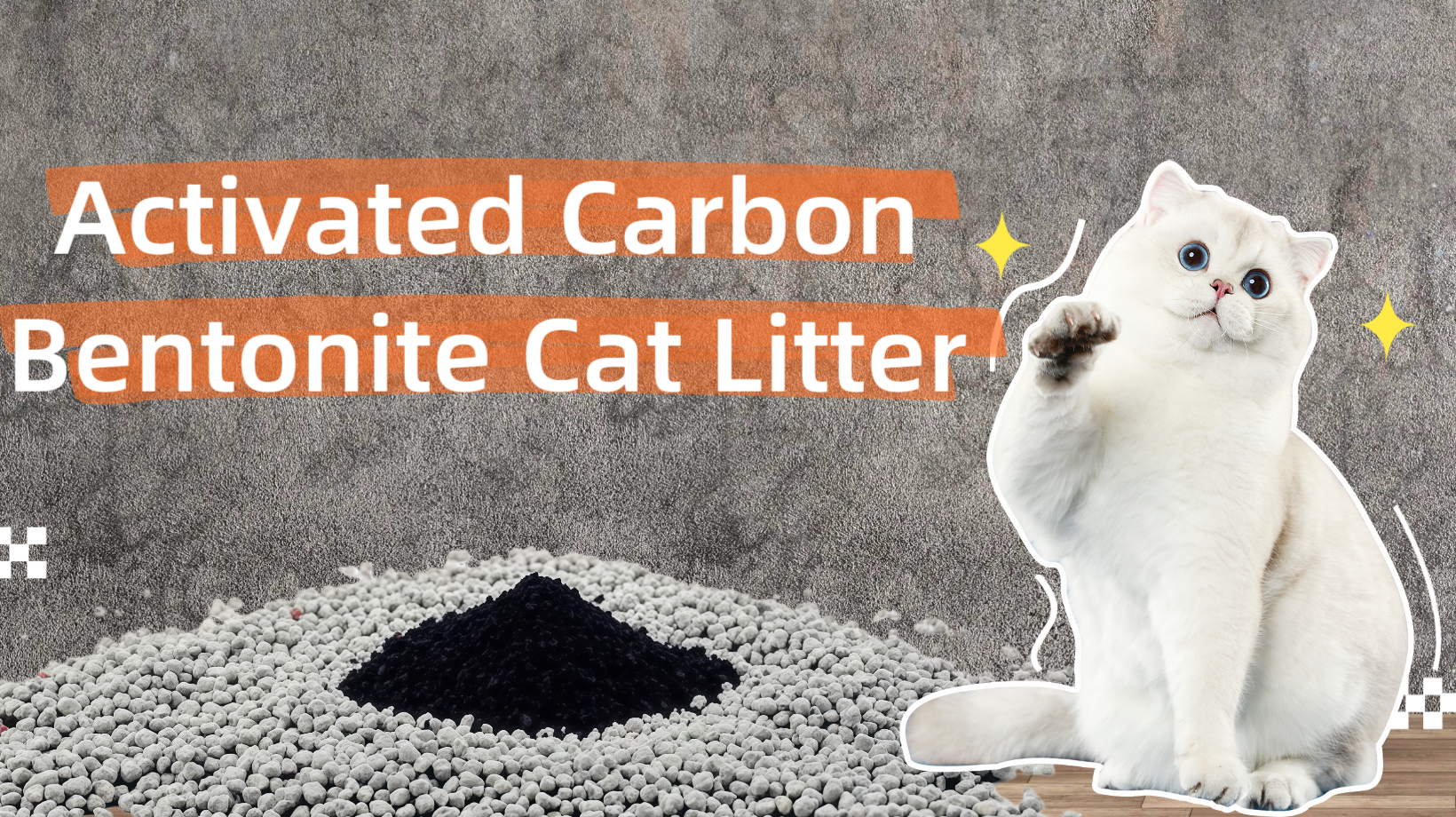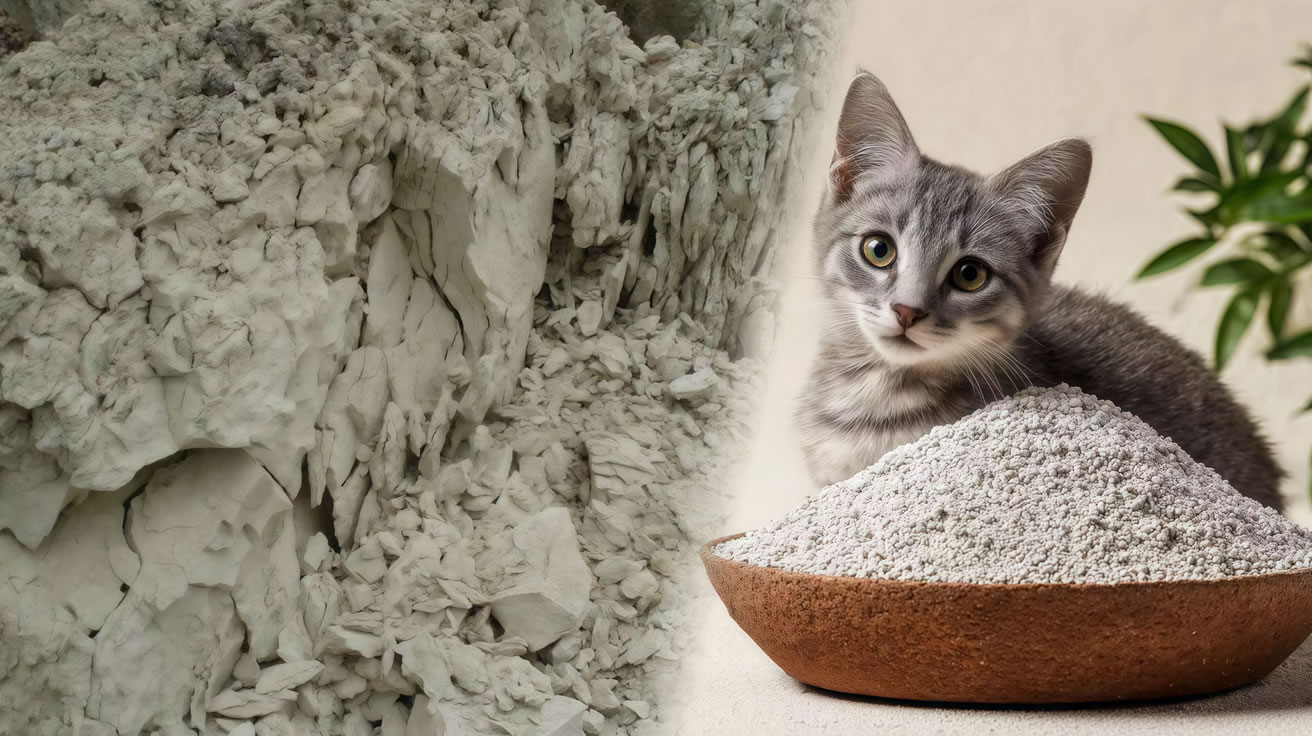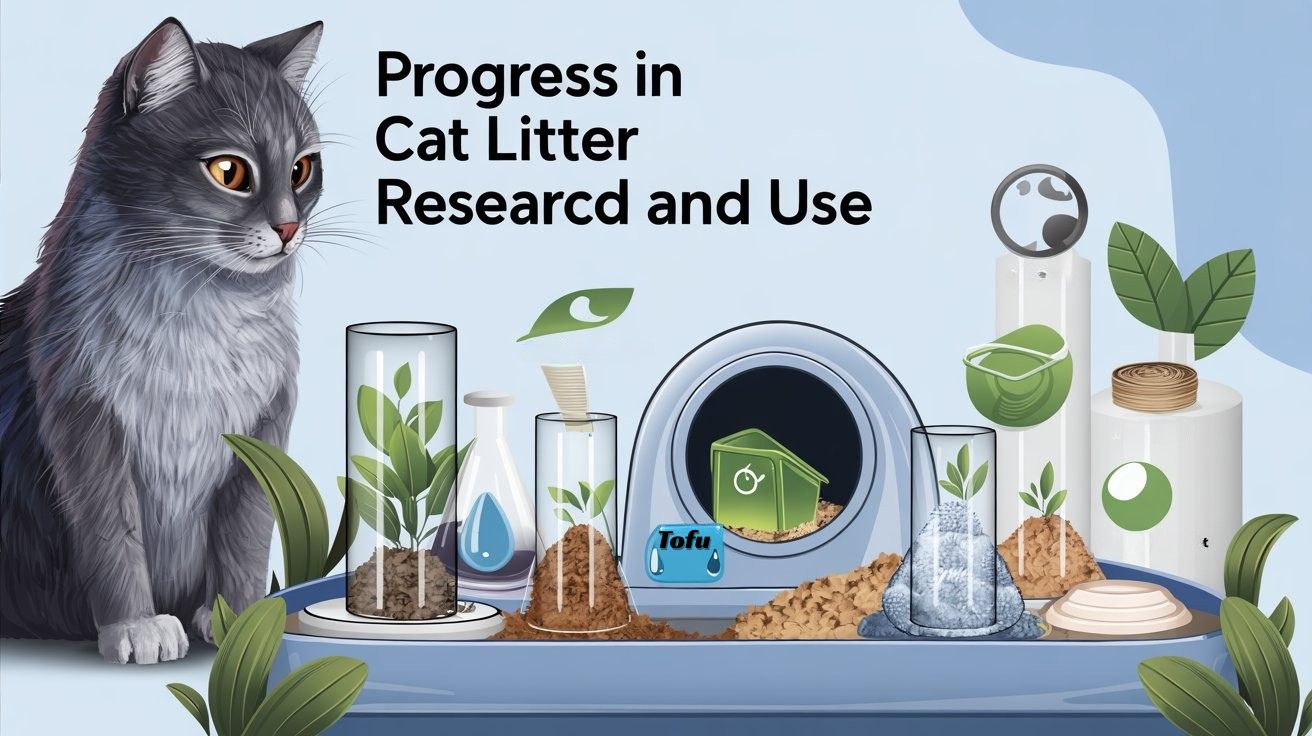If you’re a cat owner, you’ve likely come across bentonite cat litter—it’s one of the most popular types of litter on the market. Known for its clumping ability and odor control, bentonite clay has become a go-to solution for many pet parents. But behind the convenience and performance, there’s growing concern: Can bentonite cat litter cause health problems?
In this article, we’ll explore the potential health risks bentonite litter poses to cats, humans, and the environment. We’ll also discuss safe usage, how to minimize risks, and whether there are better alternatives available. If you’re concerned about your cat’s well-being—or your own—keep reading.
What Is Bentonite Cat Litter?
Bentonite is a natural clay formed from volcanic ash, most commonly sodium bentonite or calcium bentonite. In cat litter, sodium bentonite is widely used because of its superior absorbent and clumping properties. When your cat urinates, the litter forms solid clumps that are easy to scoop and dispose of, reducing the need for full box replacements.
While this sounds ideal, the very properties that make bentonite so effective may also come with downsides.
Why Do Pet Owners Choose Bentonite Cat Litter?
There’s no doubt that bentonite cat litter is popular for several reasons:
-
Excellent clumping action
-
Efficient odor control
-
Widely available and affordable
-
Easy to maintain
But convenience often comes at a cost—especially when it comes to long-term exposure to fine dust, chemical additives, and inhalants associated with clay litter.
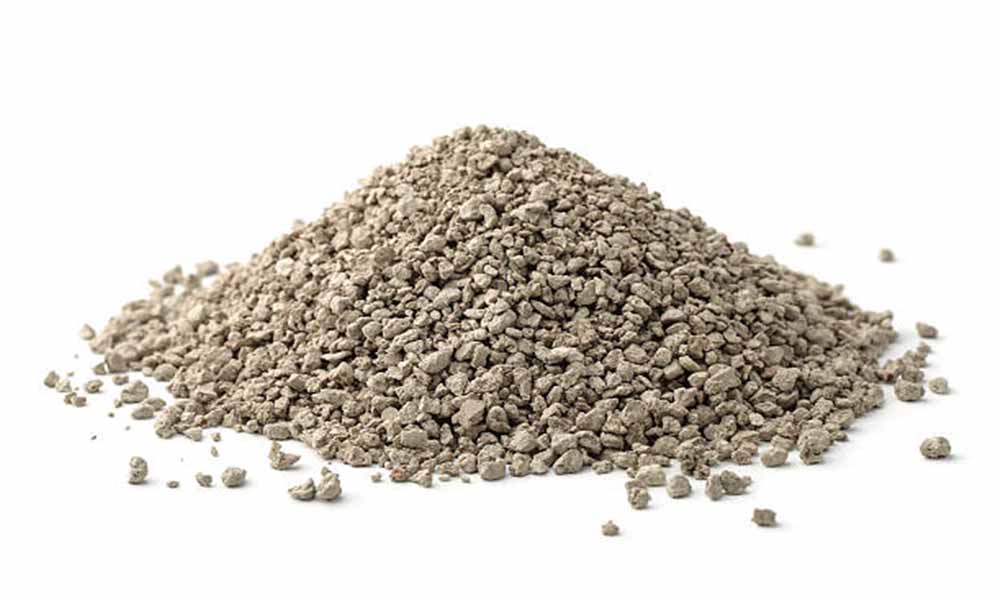
Is Bentonite Dust Harmful to Cats?
One of the biggest concerns is the dust that bentonite cat litter produces. If you’ve ever poured it into a litter box, you’ve probably seen a cloud of fine, grayish powder rise into the air. This dust contains silica particles, which can be harmful if inhaled.
For cats, this can lead to:
-
Respiratory irritation
-
Sneezing or coughing
-
Asthma-like symptoms
-
Worsening of existing lung conditions
Kittens and older cats with compromised immune systems are especially at risk.
Can Cats Get Sick From Ingesting Bentonite?
Yes, they can. Cats are meticulous groomers, and when they leave the litter box, bentonite dust can stick to their paws and fur. During grooming, they may accidentally ingest some of the litter.
Though small amounts may pass without issue, frequent ingestion of bentonite may cause:
-
Gastrointestinal blockage
-
Vomiting
-
Constipation
-
Diarrhea
-
Loss of appetite
In severe cases, it can lead to a potentially life-threatening intestinal obstruction, especially in smaller or more sensitive cats.
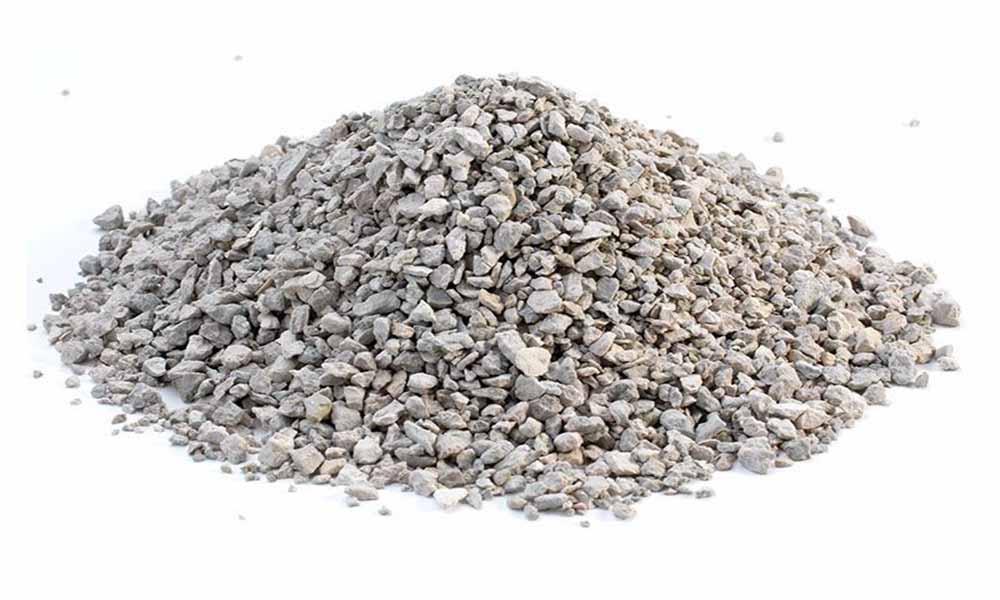
Can Bentonite Cat Litter Affect Human Health?
Absolutely. It’s not just cats who are at risk. Humans, especially those who clean the litter box, can also experience health issues due to long-term exposure to bentonite dust.
Potential effects include:
-
Respiratory problems, such as wheezing, coughing, and irritation
-
Silicosis, a serious lung disease caused by inhaling crystalline silica
-
Allergic reactions, including skin irritation and eye discomfort
For people with asthma or other respiratory conditions, bentonite dust can be a serious trigger.
Are There Chemical Additives in Bentonite Litter?
Many commercial bentonite cat litters contain added fragrances, deodorizers, and anti-bacterial agents. These chemicals may make the litter box smell better, but they can also pose toxic risks to both cats and humans.
Fragranced litters can:
-
Cause skin allergies
-
Lead to upper respiratory tract irritation
-
Trigger behavioral changes in sensitive cats
Remember, a cat’s sense of smell is about 14 times stronger than a human’s. What smells “mild” to you may be overwhelming and distressing for your cat.
Is Bentonite Cat Litter Environmentally Safe?
From an environmental standpoint, bentonite mining is not sustainable. The clay is strip-mined, which means large areas of land are cleared and ecosystems destroyed to extract the material.
Key environmental concerns include:
-
Soil degradation
-
Water pollution
-
Loss of biodiversity
-
Non-biodegradable waste
Since bentonite litter does not break down naturally, it often ends up in landfills, contributing to long-term waste buildup.
Signs Your Cat Might Be Reacting to Bentonite Litter
Worried your cat might be having a reaction? Here are some red flags to watch out for:
-
Sneezing or wheezing after using the litter box
-
Frequent coughing
-
Paw licking or chewing more than usual
-
Refusing to use the litter box
-
Lethargy or vomiting
If you notice any of these symptoms, consult your veterinarian immediately and consider switching to a safer litter alternative.
Safer Alternatives to Bentonite Cat Litter
Thankfully, there are many cat-friendly and eco-conscious alternatives on the market today. Some of the best non-clay options include:
-
Wood-based litter (pine, cedar, or sawdust pellets)
-
Corn-based litter
-
Wheat litter
-
Recycled paper pellets
-
Coconut husk litter
These options are generally:
-
Biodegradable
-
Dust-free
-
Chemical-free
-
Safer for kittens and sensitive cats
Make sure to transition slowly when switching litter types, as cats can be picky about texture and scent.
How to Use Bentonite Cat Litter Safely
If you’re not ready to give up bentonite litter just yet, there are ways to minimize the risks:
-
Choose unscented, low-dust formulas
-
Use a well-ventilated area for the litter box
-
Wear a mask when scooping or pouring litter
-
Wash your hands thoroughly after cleaning the box
-
Regularly clean and replace the litter box
-
Vacuum surrounding areas to remove residual dust
-
Keep children and pets away from the litter storage area
These steps won’t eliminate all risks, but they can help reduce potential exposure significantly.
Final Thoughts:
Is Bentonite Cat Litter Worth the Risk?
So, can bentonite cat litter cause health problems? The answer is yes—especially when used long-term or improperly. It can lead to respiratory issues, gastrointestinal problems, allergic reactions, and environmental concerns for both cats and their owners.
That said, not all cats will experience negative effects, and many people use bentonite litter without incident. However, being informed and cautious is essential. If you notice health symptoms in your pet or yourself, don’t ignore them.
Consider switching to safer, more natural alternatives that are better for your cat, your household, and the planet. Your furry friend depends on you to make the healthiest choices—and when it comes to cat litter, a little change can make a big difference.

